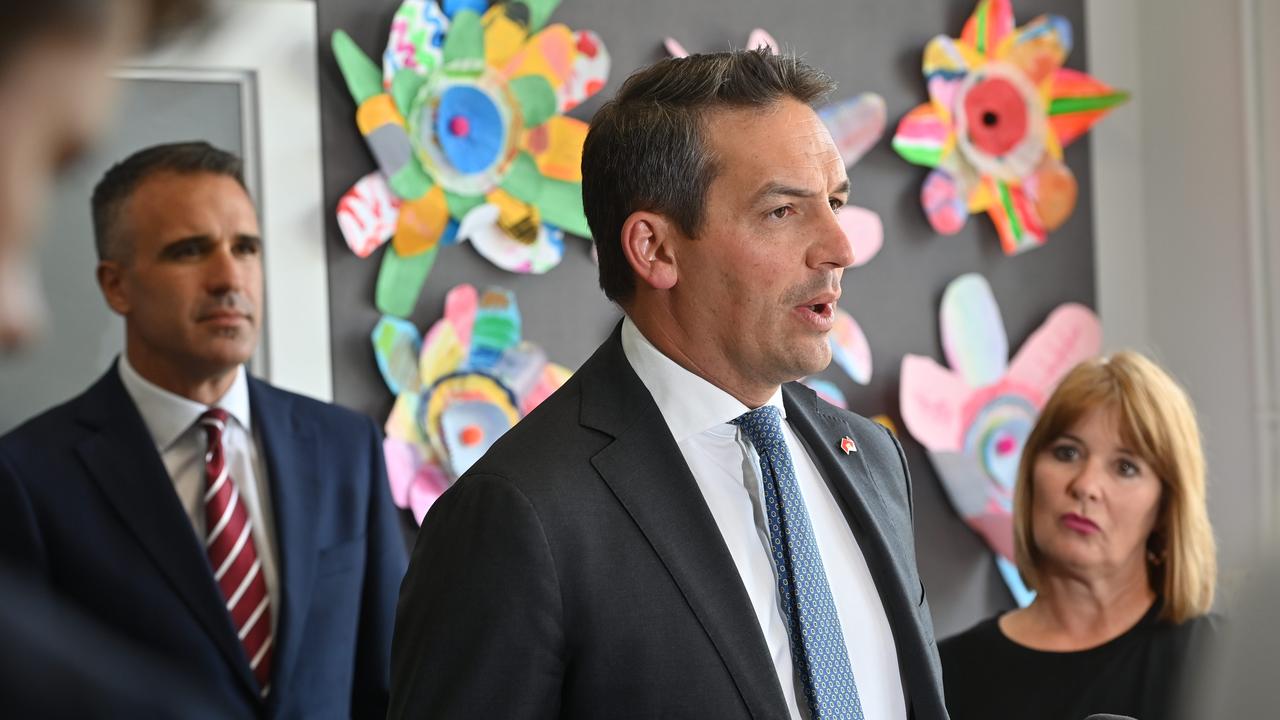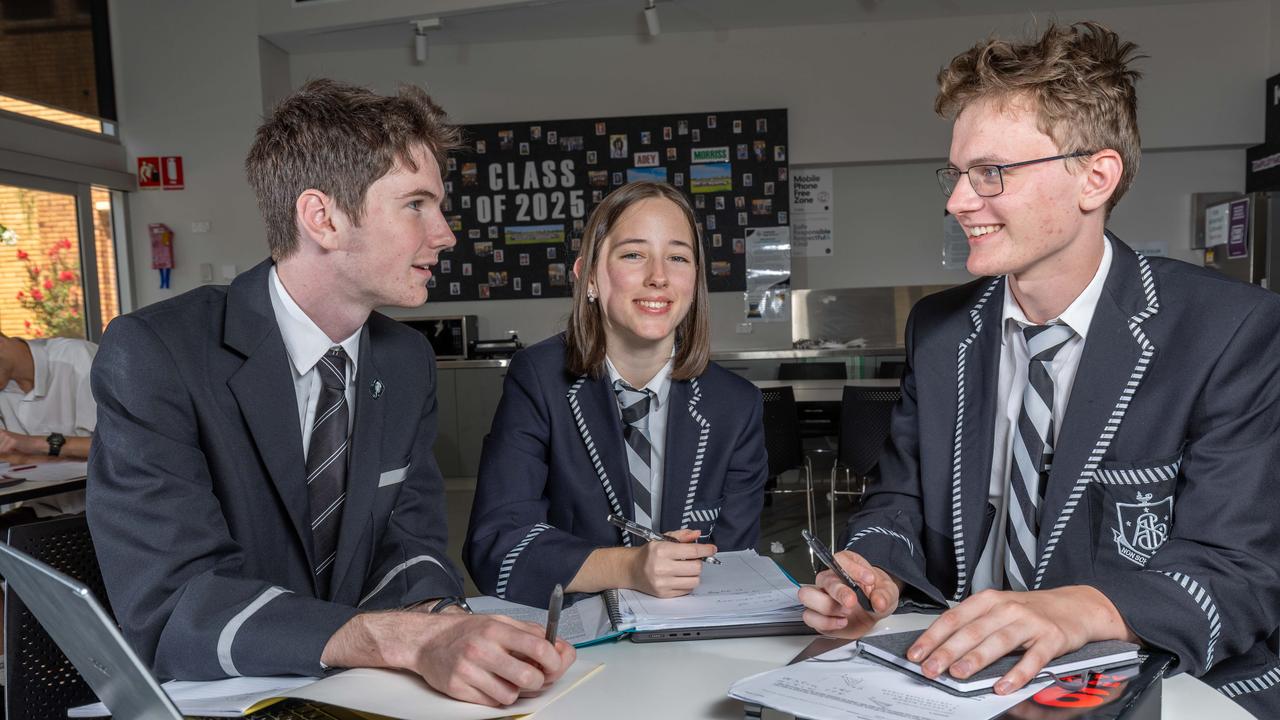SA school students ranked among Australia’s worst on civics
South Australian students have been ranked among the worst in the country on civics amid state government efforts to turn the tide.
SA News
Don't miss out on the headlines from SA News. Followed categories will be added to My News.
South Australian students have ranked among the worst in the nation for a basic understanding of civics, a new national report has found.
Results in civics – which develops students’ political knowledge – show an alarming decline, with fewer than 20 per cent of those in year 10 and 38 per cent in year 6 meeting minimum requirements for the subject.
The Australian Curriculum, Assessment and Reporting Authority report showed only 38 per cent of year 6 students in SA managed to achieve the national proficiency standard or higher. This was a fall from 43 per cent in 2019 and 55 per cent in 2016.

That number was even lower in the older cohort, with just 19 per cent of year 10 students achieving the national proficiency standard or higher, falling from 29 per cent in 2019 and 34 per cent in 2016.
It was the second-worst rate in the country, coming just above the Northern Territory.
Education Minister Blair Boyer said these results showed a worrying societal trend that needed attention.
“It’s clear that young people don’t understand them (civics) and don’t find it interesting, which is not something we can afford as a society,” he said.
“It’s important not to raise a generation of passive thinkers. We want them articulate, engaged and making a meaningful contribution to their local communities in issues they are passionate about.”
Students were also less likely to go on excursions to Parliament House or the law courts or volunteer in civics activities compared to 2019.
The findings were based on results from 735 students year 6 students in 44 schools and 647 in year 10 from 41 schools.
It was announced last year that civics would be integrated into all subjects across the curriculum in a bid to “better protect democratic institutions and empower students to become proactive citizens”.
Under the reform, SA would “offer the most comprehensive civics and citizenship curriculum in the country”.
Currently, civics is being delivered as a compulsory subject for students in years 3 to 8 through the humanities and social sciences subject.

However, the quality of this delivery has been mixed due to a lack of specialist teachers.
The government is investing $18.4m to provide the necessary tools for teachers to have a greater understanding of civics.
A training program delivered by the Department of Education will hold two-day workshops to upskill teachers, with further two-day workshops during the year to put their skills into practice.
“Professional learning for our teachers is the first step towards engaging our young people in the importance of democracy, and the role civics and citizenship plays in our society,” Mr Boyer said.
Other reforms include an hour each week for years 7 and 8 public school students to study civics and citizenship. As well, as every subject in years 9 and 10 will have civics and citizenship incorporated.
More Coverage
Originally published as SA school students ranked among Australia’s worst on civics









